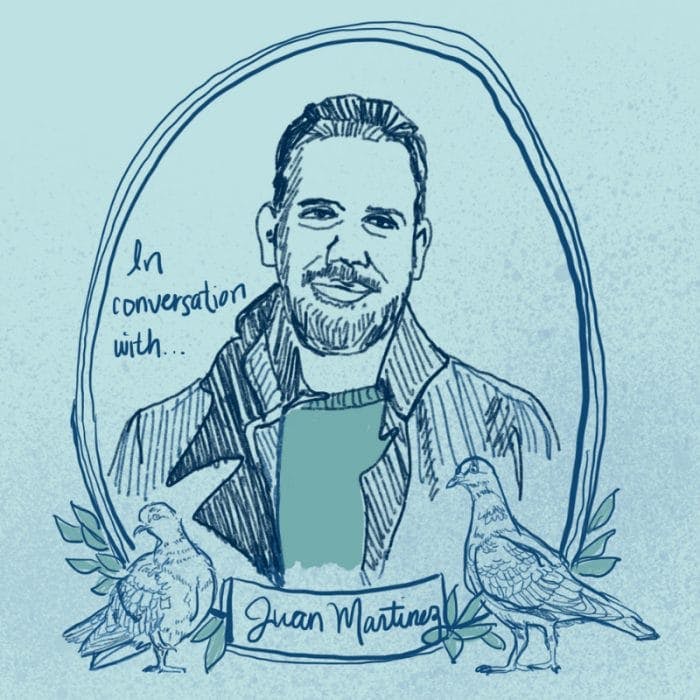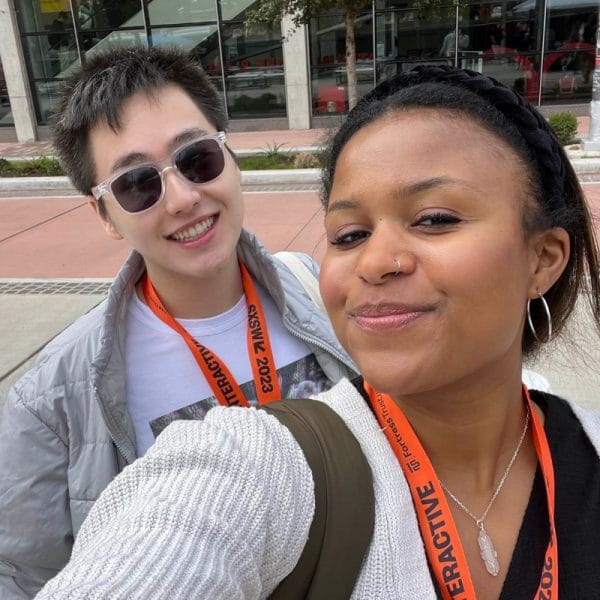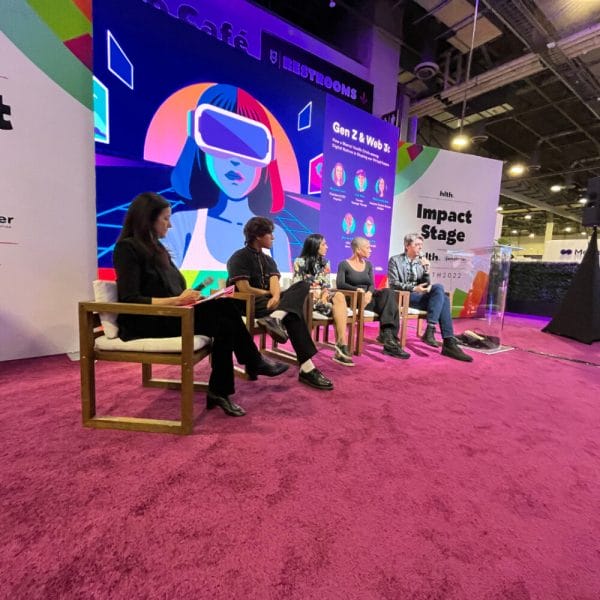Growing the Hopelab Team
As Hopelab continues our work supporting youth mental health and well-being, we are excited to announce the growth of our team with the hiring of Juan Martinez as Hopelab’s head of strategic communications. Juan has more than 25 years of leadership experience across different sectors including journalism, politics, and national and international nonprofits. He joins us after serving as chief communications and marketing officer at the Legal Defense Fund (LDF) and before that as GLSEN’s chief communications and advocacy officer. Juan’s dedication to advocacy efforts that ensure safe and affirming spaces for LGBTQ+ youth, his leadership roles with organizations bolstering the resilience of communities of color, and his policy efforts in the healthcare and education sectors bring a wealth of knowledge and expertise to the Hopelab team.
Hopelab CEO, Margaret Laws, sat down with Juan to talk about Hopelab’s vision for the future and learn more about his lifelong personal and professional commitment to working on issues that support resilient communities.
Meet Juan Martinez
Margaret: Juan, you have an extensive background working on policy efforts to ensure safe environments for LGBTQ+ students. What do you hope to bring from your experience to Hopelab to support young people?
Juan: I’ve been fortunate in my career to have worked on a wide range of issues, including mental health, education, LGBTQ+ advocacy, youth services, and racial justice. At each stop along the way, the power of storytelling and lifting up the voices of those we serve has proven the most effective way to move the needle on critical issues that require reform. My hope is that I can bring these same strategies to Hopelab and our partners as a way of redefining and investing in mental health in our nation, especially as it relates to youth. To move us away from seeing youth as being “in crisis” and instead see the opportunities that exist for them and working alongside them. To have them be active participants in creating better pathways for their well-being and the generations that will follow – and to do so in a way that centers equity, cultural awareness, and intersectionality.




